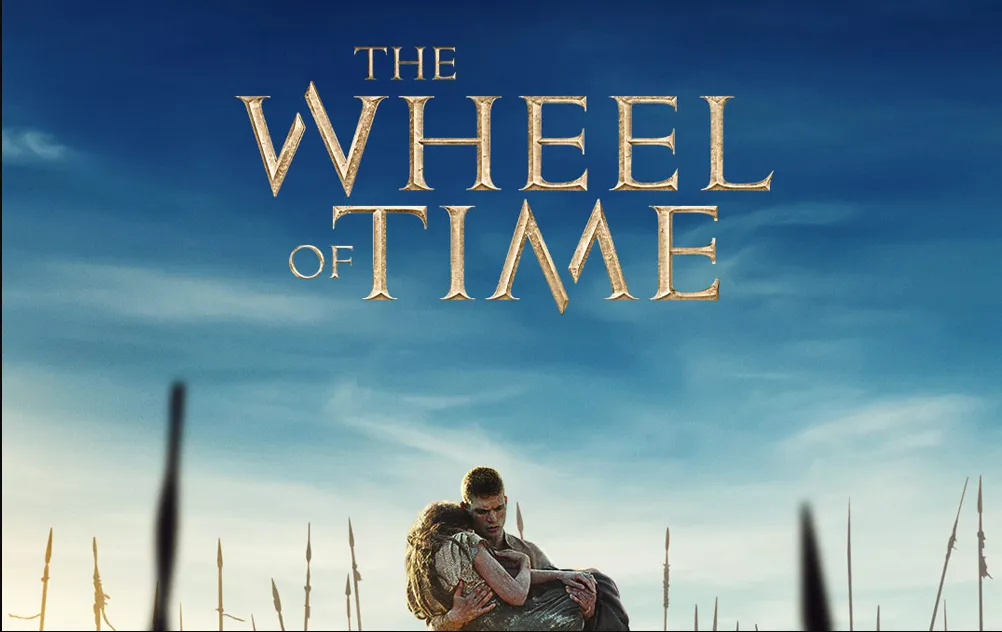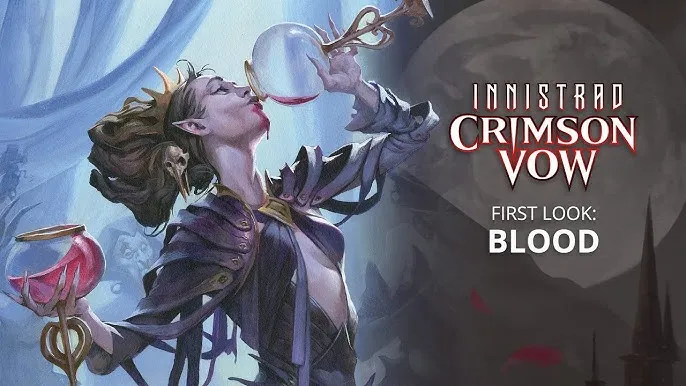“Luther: The Fallen Sun proves that some demons are worth fighting—even when they live inside us.”
Luther: The Fallen Sun (2023) drags audiences back into the gritty underbelly of London, where monsters wear human faces and justice often comes at a devastating price. Directed by Jamie Payne, the film continues the saga of brilliant yet tormented detective John Luther, played once again with magnetic intensity by Idris Elba.
After years behind bars for his unorthodox methods and personal demons, Luther finds himself drawn back into the hunt when David Robey, a sadistic tech billionaire, unleashes a wave of terror across London. Robey, portrayed chillingly by Andy Serkis, is a villain who weaponizes surveillance technology and psychological manipulation, turning the city itself into a trap. Luther, stripped of his badge but not his relentless drive, escapes custody to pursue the killer, blurring the lines between justice and vengeance.

What sets The Fallen Sun apart from its TV predecessors is its cinematic scale. Sweeping shots of a neon-drenched London skyline contrast sharply with grim crime scenes in underground tunnels and icy wilderness. The film is drenched in atmosphere—rain-soaked streets, flickering lights, and pounding music heighten the tension, pulling viewers into Luther’s turbulent mind.
Idris Elba delivers a performance that is both ferocious and vulnerable. His Luther is older, wearier, but no less dangerous—a man willing to sacrifice everything to protect innocent lives. Andy Serkis, meanwhile, is terrifyingly charismatic, crafting a villain whose cruelty feels disturbingly real. Their cat-and-mouse dynamic fuels the film’s pulse-pounding momentum.

At its core, Luther: The Fallen Sun is a gripping meditation on obsession, guilt, and the monsters that lurk not only in shadows but in our own minds. It’s a brutal yet riveting ride that proves Luther remains one of modern television—and now cinema’s—most compelling detectives.



